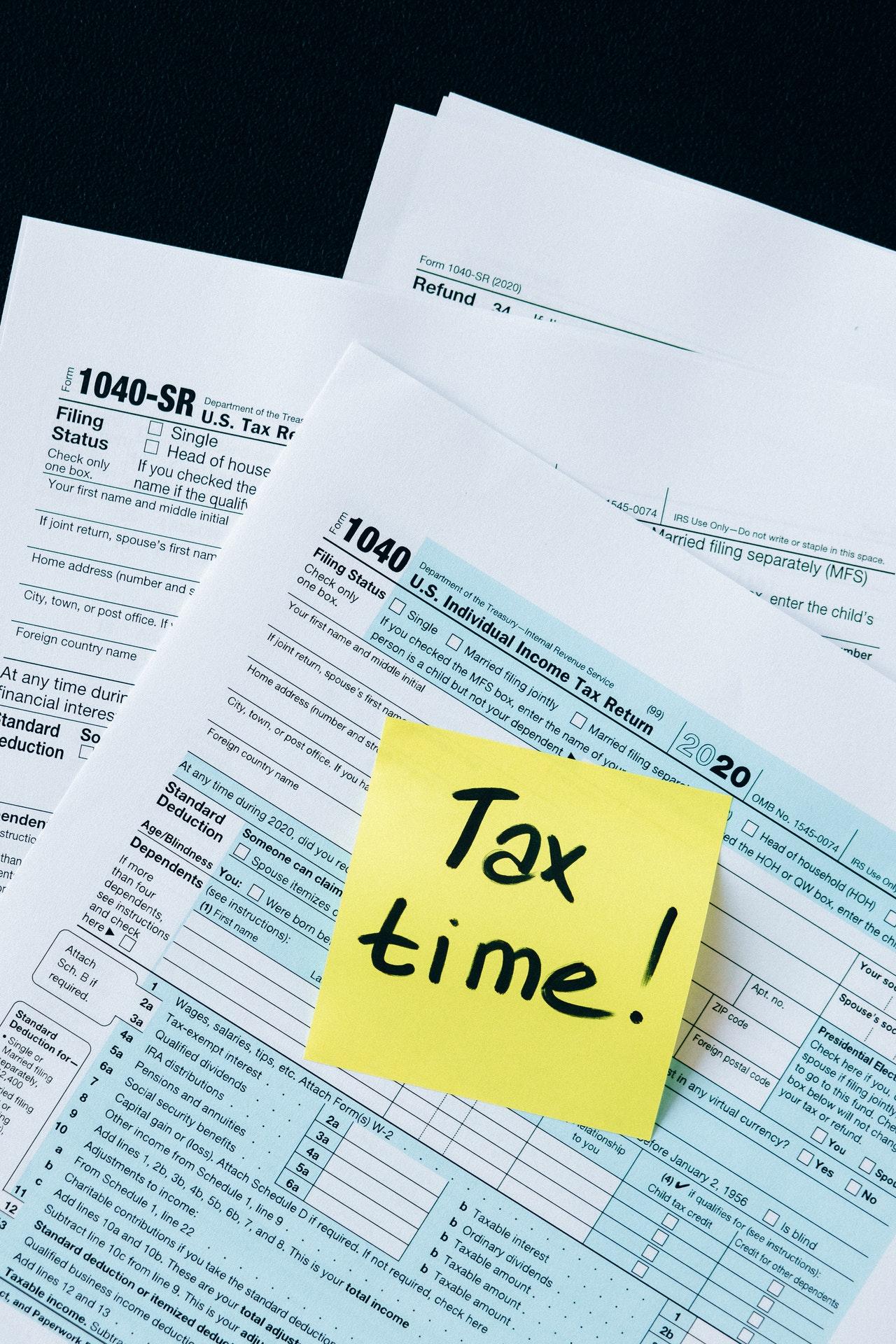How Is Passive Income Taxed? How To File With This Income Stream
Earning passive income requires little effort and can come from various sources. Is passive income taxable?
Jan. 28 2022, Published 8:22 a.m. ET

Passive income doesn't require much effort and can come from various sources. The IRS defines passive income as trade or business activities you don’t materially participate in. Such an income stream is a dream for many, though some wonder if passive income is taxable.
Passive income does not include salaries, portfolios, or most forms of investment income. In general, the IRS considers an activity passive if it involves rentals or any business in which the taxpayer does not materially participate.
What are sources of passive income?
Passive income can be generated through multiple sources, including rental properties, limited partnerships, peer-to-peer lending, dividend stocks, bonds, and other fixed-income investments. You can create your portfolio of passive income depending on your risk profile and financial goal.

Is passive income taxable?
Passive income, like income from a regular job, is taxable. In fact, as a general rule, all income is taxable unless tax law specifies otherwise. However, the treatment of that income by the IRS varies and depends on many factors, including the source of the income.
How is passive income taxed?
The IRS has specific rules that determine if the taxpayer was actively involved in generating income. According to the IRS, a significant participation passive activity is any trade or business activity in which you participated for more than 100 hours during the tax year but didn’t materially participate. Material participation comprises the following:
- You participated in the activity for more than 500 hours.
- You participated in the activity for more than 100 hours during the tax year, and you participated at least as much as any other individual.
- Your participation was essentially all of the participation in the activity of all individuals for the tax year.
If your gross income from all significant participation passive activities is more than your deductions from those activities, a part of your net income from each significant participation passive activity is treated as nonpassive income.
Passive income the IRS recognizes
Self-charged interest: This income results from loaning to a partnership or an S corporation acting as a pass-through entity. According to the IRS, “Certain self-charged interest income or deductions may be treated as passive activity gross income or passive activity deductions if the loan proceeds are used in a passive activity.”
Rental income: The IRS generally considers rental activities are passive activities even if you materially participated in them, except when you qualify as a real estate professional.
If you have earned passive income during the tax year, you might receive or required to file out these forms:
- Form 1099-DIV: Used by banks and financial institutions to report income earned from dividends.
- Form 1099-INT: Used to report income earned from interest.
- Schedule E (Form 1040): Used to report income from rental properties.
